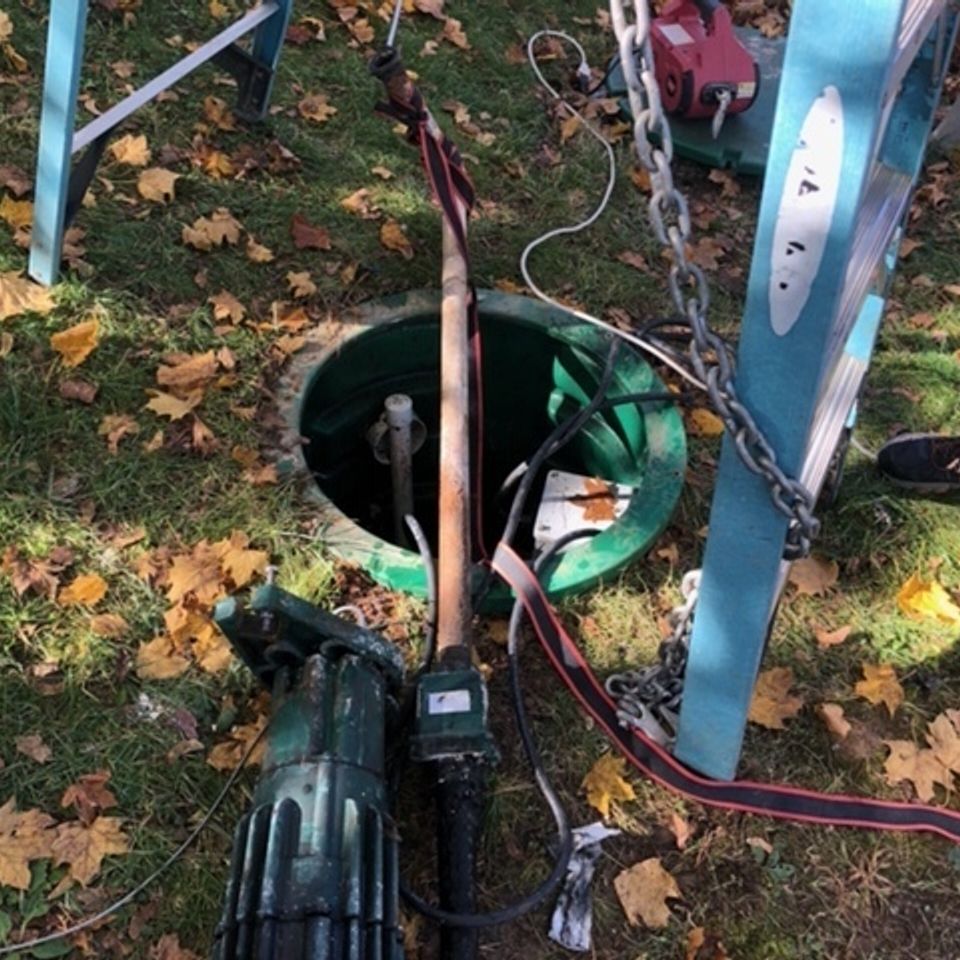.

Living in a rural area like Hamilton County, Florida, often means relying on a mutually beneficial relationship between you and your septic tank. Your septic tank is part of an incredible system that handles the biological waste that happens in day-to-day life. The tank collects and separates the waste into three layers:
1. Sludge: Heavy waste that settles on the bottom
2. Scum: Oil and grease that rises to the top
3. Effluent: Wastewater that exits the pipe into a drain field
This ingenious system works beautifully, but it needs your help to function properly. Eventually, the sludge and scum need pumping, and effluent needs a clear path to flow. When you take care of your septic tank, it will continue to take care of you.
1. Sludge: Heavy waste that settles on the bottom
2. Scum: Oil and grease that rises to the top
3. Effluent: Wastewater that exits the pipe into a drain field
This ingenious system works beautifully, but it needs your help to function properly. Eventually, the sludge and scum need pumping, and effluent needs a clear path to flow. When you take care of your septic tank, it will continue to take care of you.
